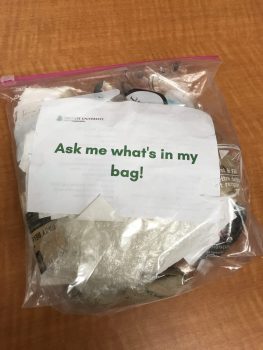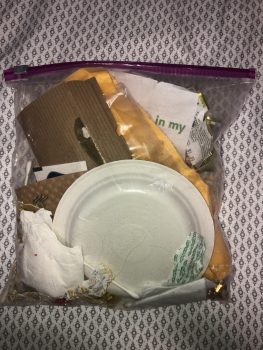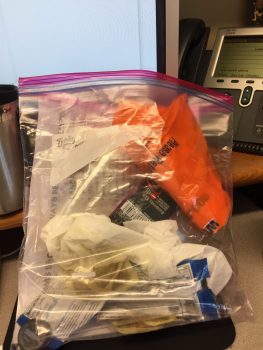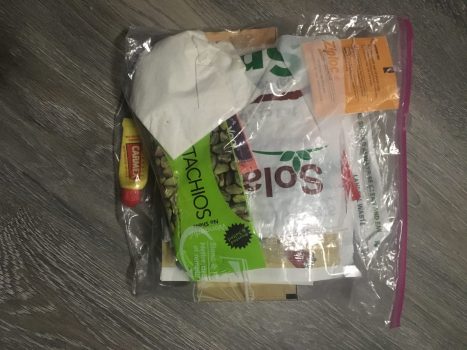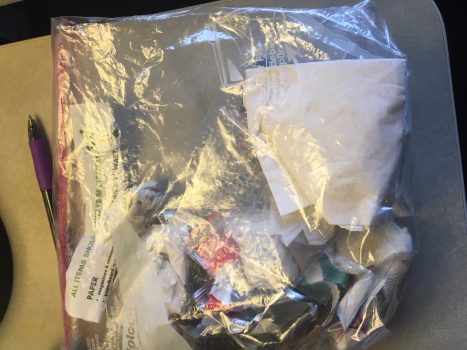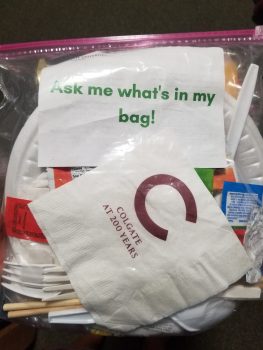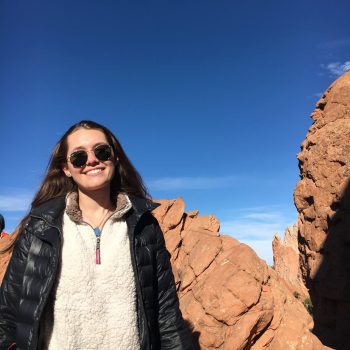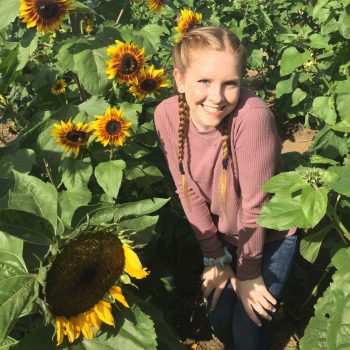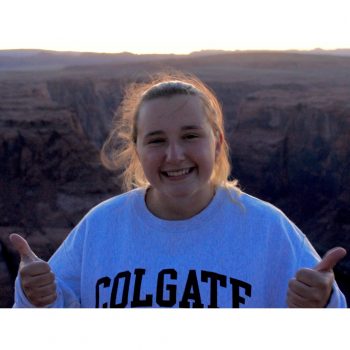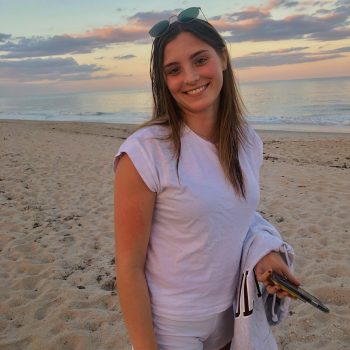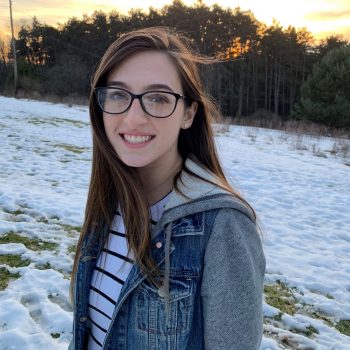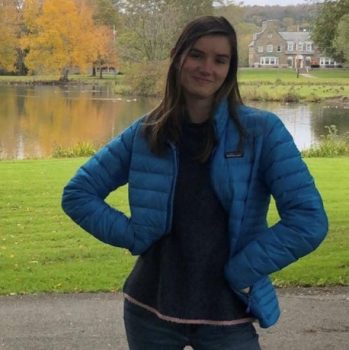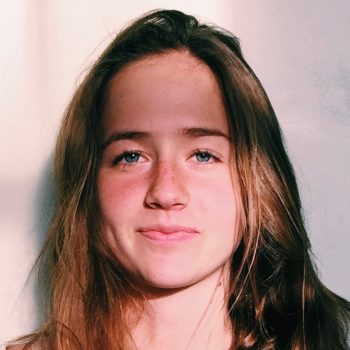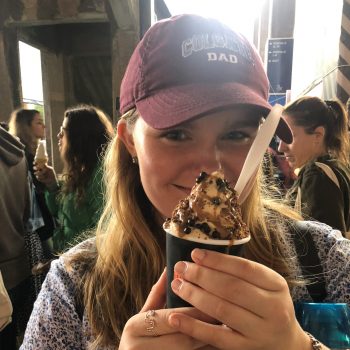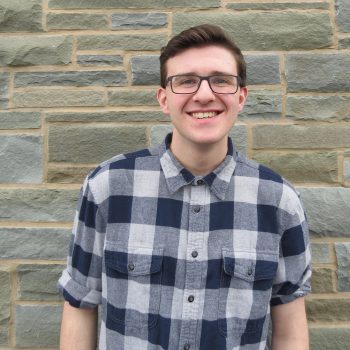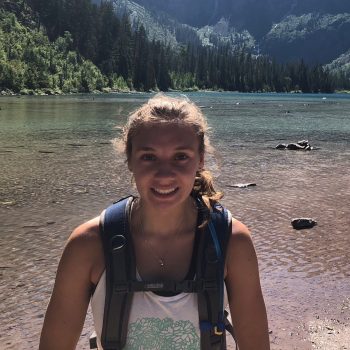February 10-16 was a garbage week for some people at Colgate.
To bring awareness to the amount of trash produced by individuals on Colgate’s campus on a daily basis, 34 students and 8 faculty and staff members carried their trash with them for a week.
Throughout the week, participants opted to dispose of their waste in a Ziploc bag instead of a trash can. All trash produced during the week, except for hygiene products and food waste due to health and safety concerns, was carried in the bag and was visible for all to see. Many bags were completely full by the end of the seventh day, clearly demonstrating how much waste an individual can produce in a week.
Some of the most common items were food packaging, plastic silverware and food boats from the Coop, and paper towels. Participants say that they tried to limit the amount of trash they produced throughout the week, but many items, such as paper towels used to clean equipment in the gym, were unavoidable. According to one student, “I didn’t realize how many simple items are impossible to use without producing trash, especially food wrappers and containers.” About 50% of participants produced more trash than they originally anticipated.
Carry Your Trash Week has made students, faculty, and staff members more aware of the waste they produce. One student reported that “it is so easy to throw something away without thinking about it. Having to actively put it in a bag makes you much more conscious.” Additionally, Carry Your Trash Week has inspired people to change their behavior. Many students have committed to bringing reusable silverware up the hill and opting for a reusable mug instead of a disposable to-go cup.
In addition to compelling participants to face the amount of trash they produce in a week, another goal of Carry Your Trash Week was to encourage the entire Colgate community to think about their waste. However, despite participants’ best efforts to display the trash they were carrying, many did not receive questions or comments about their trash from others. One student reported that the only people who were willing to talk about reducing waste were already conscious of their own trash. According to Professor Jason Kawall, “I made sure [my trash bag] was highly visible in my classes but no one took me up on it, which was a little disappointing.”
Although overall campus engagement fell short of expectations, Carry Your Trash Week was still a great success, as many people on campus became more aware of the trash they produce and are taking action to consciously reduce their waste.


